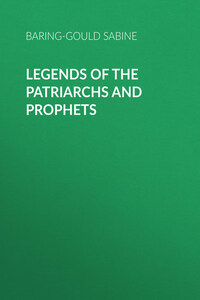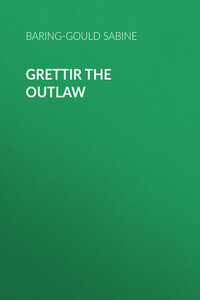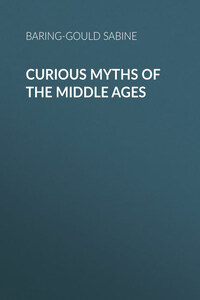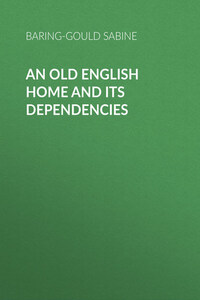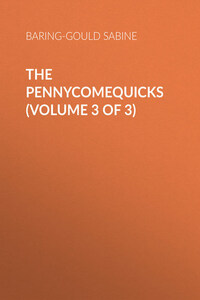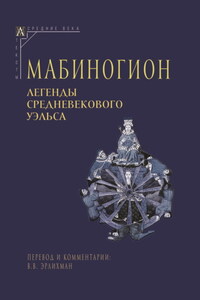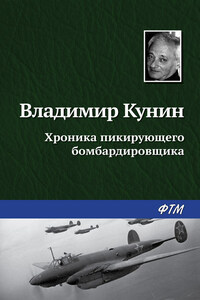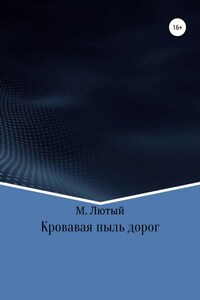An incredible number of legends exists connected with the personages whose history is given in the Old Testament. The collection now presented to the public must by no means be considered as exhaustive. The compiler has been obliged to limit himself as to the number, it being quite impossible to insert all. He trusts that few of peculiar interest have been omitted.
The Mussulman traditions are nearly all derived from the Talmudic writers, just as the history of Christ in the Koran is taken from the Apocryphal Gospels. The Koran follows the “Sepher Hajaschar” (Book of the Just) far more closely than the canonical Scriptures; and the “Sepher Hajaschar” is a storehouse of the Rabbinic tradition on the subject of the Patriarchs from Adam to Joshua.
The Jewish traditions are of various value. Some can be traced to their origin without fail. One class is derived from Persia, as, for instance, those of Asmodeus, the name of the demon being taken, along with his story, from Iranian sources. Another class springs from the Cabbalists, who, by permutation of the letters of a name, formed the nuclei, so to speak, from which legends spread.
Another class, again, is due to the Rabbinic commentators, who, unable to allow for poetical periphrasis, insisted on literal interpretations, and then coined fables to explain them. Thus the saying of David, “Thou hast heard me from among the horns of the unicorns,” which signified that David was assisted by God in trouble, was taken quite literally by the Rabbis, and a story was invented to explain it.
Another class, again, is no doubt due to the exaggeration of Oriental imagery, just as that previously mentioned is due to the deficiency of the poetic fancy in certain Rabbis. Thus, imagination and defect of imagination, each contributed to add to the store.
But when we have swept all these classes aside, there remains a residuum, small, no doubt, of genuine tradition. To this class, if I am not mistaken, belong the account of Lamech and his wives, and the story of the sacrifice of Isaac. In the latter instance, the type comes out far clearer in the Talmudic tradition that in the canonical Scriptures; and this can hardly have been the result of Jewish interpolation, knowing, as they did, that Christians pointed triumphantly to this type.
With regard to Jewish traditions, it is unfortunate that both Eisenmenger and Bartolocci, who collected many of them, were so prejudiced, so moved with violent animosity against the Rabbinic writers, that they preserved only the grotesque, absurd, and indecent legends, and wholly passed over those – and there are many of them – which are redolent of poetry, and which contain an element of truth.
A certain curious interest attaches to these legends – at least, I think so; and, should they find favor with the public, this volume will be followed by another series on the legends connected with the New Testament characters.
The author is not aware of any existing collection of these legends, except that of M. Colin de Plancy, “Legendes de l’Ancien Testament,” Paris, 1861; but he has found this work of little or no use to him in composing his volume, as M. de Plancy gives no reference to authorities; and also, because nearly the whole of the contents are taken from D’Herbelot’s “Bibliothèque Orientale” and Migne’s “Dictionnaire des Apocryphes.”
It will be necessary to add a few words on certain works largely quoted in the following pages.
1. Dr. G. Weil’s “Biblische Legende der Muselmänner,” Frankfurt a. M., 1845, is derived from three Arabic MS. works – “Chamis,” by Husein Ibn Mohammed Ibn Alhasan Addiarbekri; “Dsachirat Alulun wanatidjat Alfuhum,” by Ahmed Ibn zein Alabidin Albekri; and “Kissat Alanbija,” by Mohammed Ibn Ahmed Alkissai.
2. The Chronicle of Abou-djafar Mohammed Tabari was translated into Persian by Abou Ali Mohammed Belami, who added sundry traditions circulating in Persia; and has been rendered into French, in part, by M. Hermann Zolenberg, for the Oriental Translation Fund, Paris, 1867.
3. The “Sepher Hajaschar,” or Book of Jasher (Yaschar), is quoted from the translation by Le Chevalier P. L. B. Drach, inserted in Migne’s “Dictionnaire des Apocryphes.”
4. Eisenmenger, “Neuentdektes Judenthum,” 2 vols. 8vo, Königsburg, 1711, contains a great many Rabbinic traditions collected from sources inaccessible to most persons.
5. Bartolocci, “Bibliotheca Magna Rabbinica,” 4 vols. fol., Rome, 1675-93, is a very valuable storehouse of information, but sadly disfigured by prejudice.
